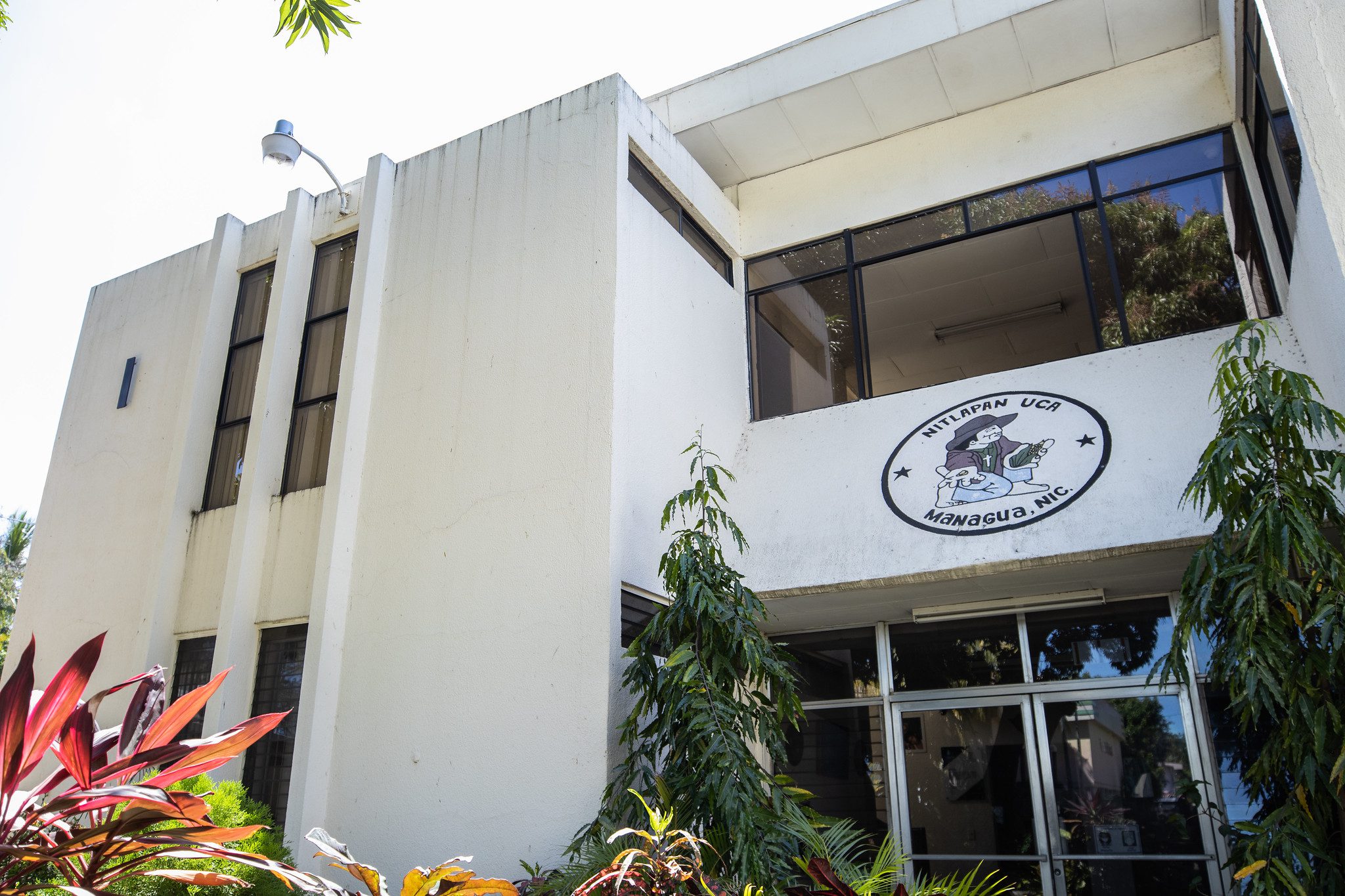The disqualification of the UCA Mediation Center is a hit to the social work that this university has been carrying out in Nicaragua for more than 60 years. According to information provided by this institution, its university community -which amounts to more than 5 thousand students and 500 professors- promotes different social outreach programs, such as a Law office, four institutes and two research and innovation centers that offer different solutions to the country’s social, economic and environmental problems.
The elimination of the Mediation Center, ordered by “Dirección Alterna de Conflictos” (DIRAC) on Monday, August 14, caused for the university’s Legal Office to no longer “mediate as an alternative method of conflict resolution”, according to what UCA published on Monday.
According to Law 540, the UCA Mediation Center was one of the five private centers in the country to give people the opportunity to resolve their conflicts extrajudicially, where there is always a winner and a loser. This service “will contribute to the decongestion of judicial offices”, the law states.
The Institute for Research and Development (Nitlapan), of the university, points out that the Mediation Center promoted peaceful conflict resolution and community social advocacy, “focusing its efforts on the most vulnerable population such as women and young people, most of whom are unaware of their rights and how to assert them, mainly in rural areas”.
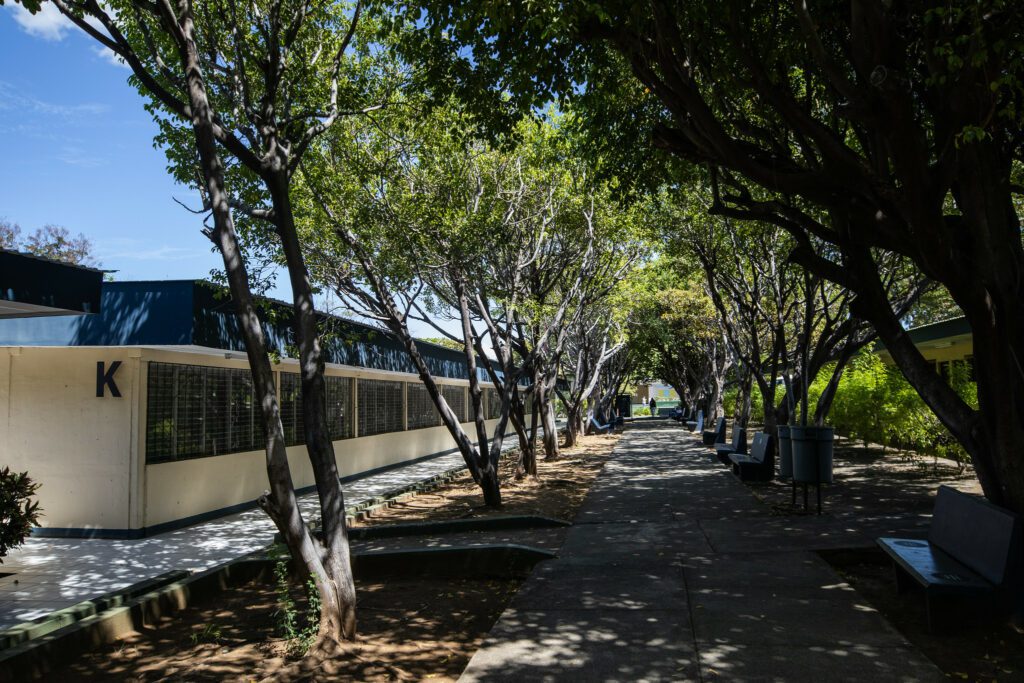
The main office was located in Rio Blanco and there was a branch office in La Dalia, which worked with a network of community mediators, mainly from rural areas “who contribute to the peaceful development of their communities”.
In view of the dictatorship’s onslaught against UCA in the past week, including the freezing of accounts and real estate, professor Ernesto Medina considers that the closure of the institution would be “catastrophic for Nicaragua”, since this university “is a role model in the search for a university that adapts to Nicaraguan reality”.
Medina, former rector of American University (UAM), said that UCA is “the only institution that has tried to become a real university for a country like Nicaragua”. He stressed that UCA has Latin American level research centers and a quality library. “They are threatening a university that in 60 years of history has provided an invaluable service to Nicaragua, in terms of training, social projection, image,” added Medina.
This is UCA’s catalog of research, innovation and social projection services.
Law Office
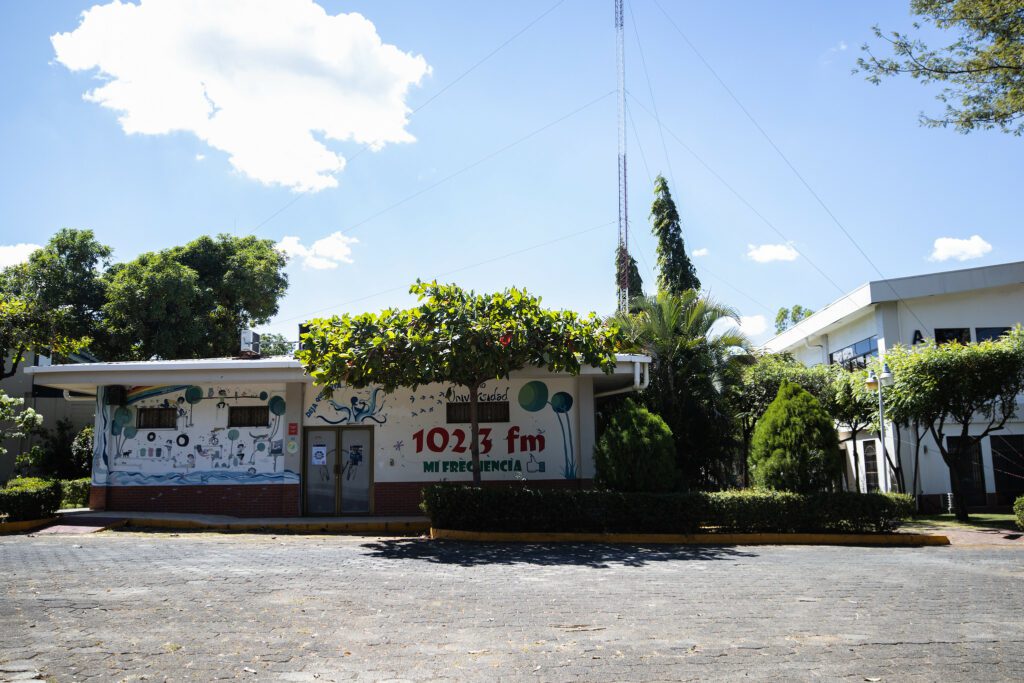
One of the social projection bodies of the university is the Law Office. It has existed for 54 years, and one of its goals is to provide legal assistance to low-income people who require this service. This space is used for law students to do their internships and apply their knowledge to real cases.
This tool is under the direction of a team of lawyers and academics from the Department of Legal Sciences of the Faculty of Humanities. In addition to mediation cases, the Law Office provides legal assistance in administrative, child and adolescent, civil, business, family, labor, notarial, criminal, penitentiary, consumer and tax conflicts.
IHNCA: a collection of more than 66 thousand documents
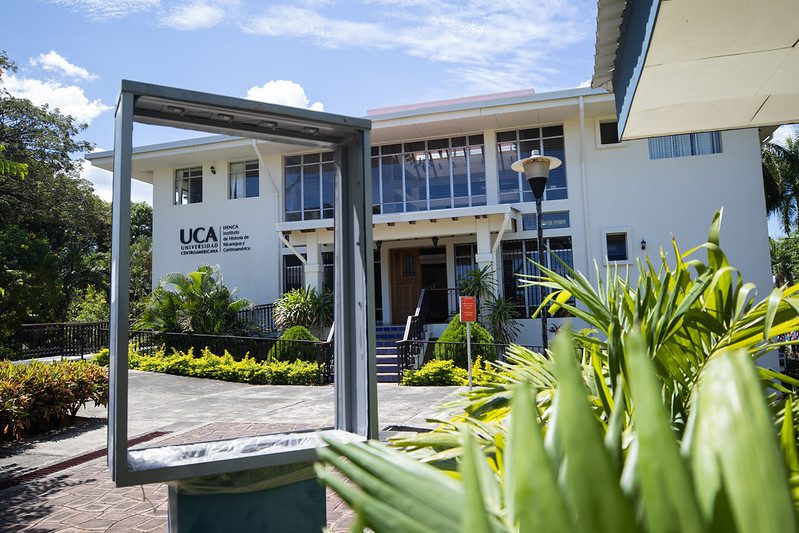
UCA has experienced specialists in water resources, energy, biological diversity, aquaculture, biotechnology, food security and nutrition, ecology and environmental management, social sciences, health, population genetics, trade, tourism, among others. These experts provide consulting services (advisory, technical or specialized studies), technical assistance and specialized laboratory testing.
The Institute for the History of Nicaragua and Central America (IHNCA), for example, is a space for historical documentation. “It is a facilitator of debates and critical reflections on history (…) It collects, catalogs and disseminates historical information stored in different formats. It encourages the recording of history from different authors and compilers, establishes partnerships with students and researchers from Nicaragua and abroad,” it states in its description.
IHNCA’s collection amounts to more than 66 thousand documents housed in the Padre Álvaro Argüello online catalog. On-site consultations are free of charge in the building located on the UCA campus. Meanwhile, the online service is used to consult Nicaraguan newspapers from the 19th and early 20th centuries, special collections on lives of historical figures and videos on historical events in Nicaragua and Central America.
IHNCA provides researchers and students access to special collections. It also offers digitalization service of requested information. All free of charge.
Molecular Biology Center
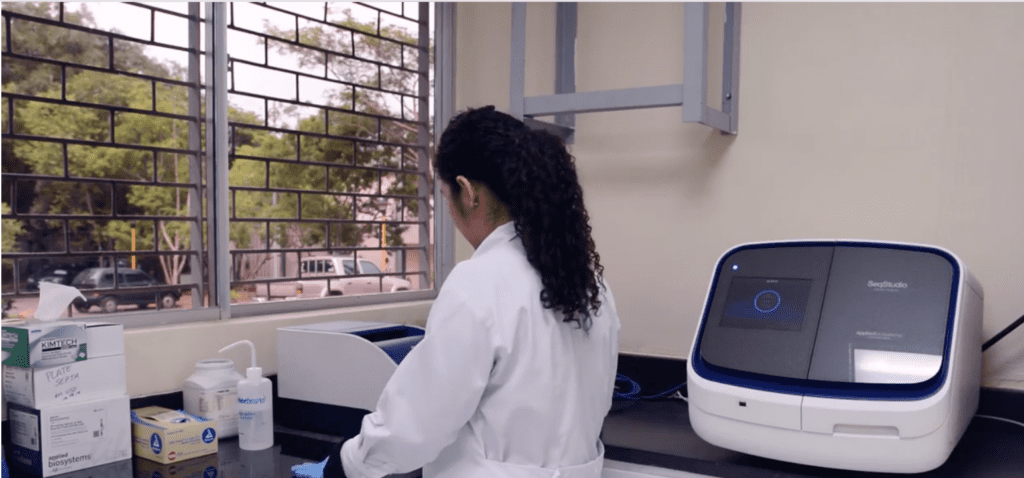
One of the most significant scientific contributions by UCA is the Center for Molecular Biology, founded in 1999 by scientist Jorge Huete, who was exiled from Nicaragua in September of last year. The center is dedicated exclusively to research and capacity building in molecular biology and biotechnology.
This laboratory performs tests for the detection of genetically modified organisms, bacterial and fungal sequencing, DNA linkage, Alzheimer’s and Human Papilloma Virus (HPV), among others.
Research and innovation centers
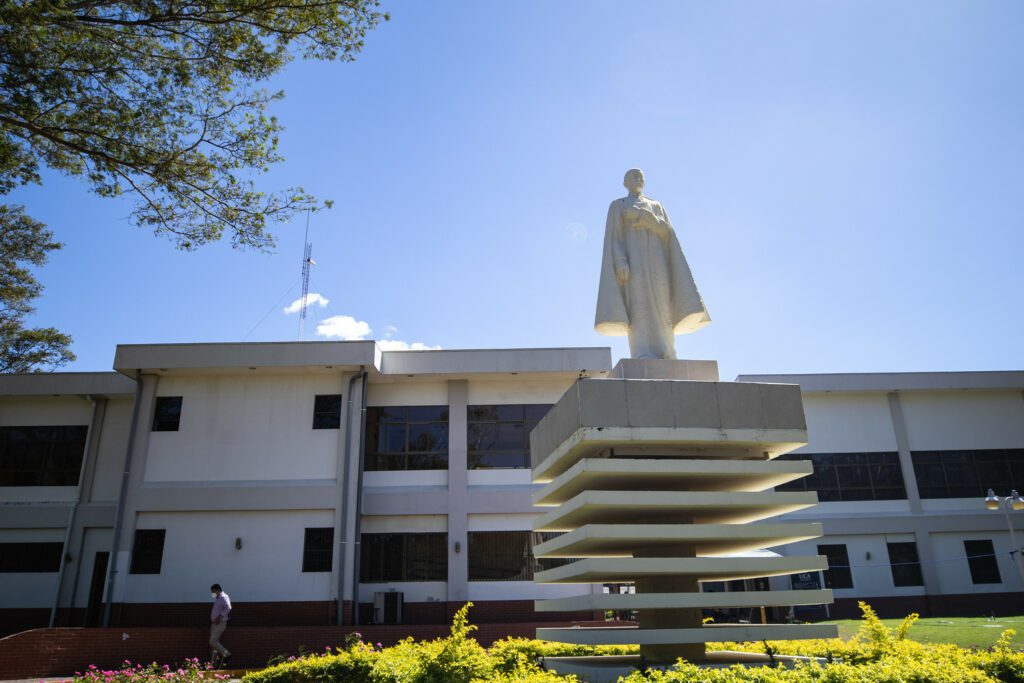
The Interdisciplinary Institute of Natural Sciences (IICN) generates interdisciplinary scientific knowledge based on natural sciences that have “a positive impact on society and contribute to the sustainable development of the country based on scientific information,” according to a description of the institute.
ICN conducts studies, research, technical services, consultations, courses and training. For example, it conducts training for the maintenance of off-grid (isolated) solar photovoltaic systems, designs local strategies for adaptation to climate change, and conducts studies on quality and safety of water and food.
Another branch is the Interdisciplinary Institute of Social Sciences (IICS), which aims to “produce interdisciplinary scientific knowledge based on Social Sciences that contribute to social change aimed at building more just, free and equitable societies”.
IICS conducts studies, research, consultations and advice on development models, political transitions, democracy and citizenship; institutionalism, rights and social justice in Central America.
The Institute for Training, Research and Environmental Development (CIDEA) is another entity that generates scientific and technical knowledge necessary for an evaluation of Nicaraguan agriculture, “under principles of integral ecology”, in areas such as the use of bio-inputs, development of small agro-industry and seed systems.
CIDEA is in charge of laboratory tests on bromatological and chromatographic analysis of food, seed quality and waste and natural waters; microbiological analysis, molecular diagnostics; design of phytosanitary strategies and sampling.
UCA’s newest center is the Innovation Center (CI), which provides training, advice, mentoring and support in innovation. In addition to innovation, its lines of action are co-creation, use of ICTs (Information and Communication Technologies) and entrepreneurship.



